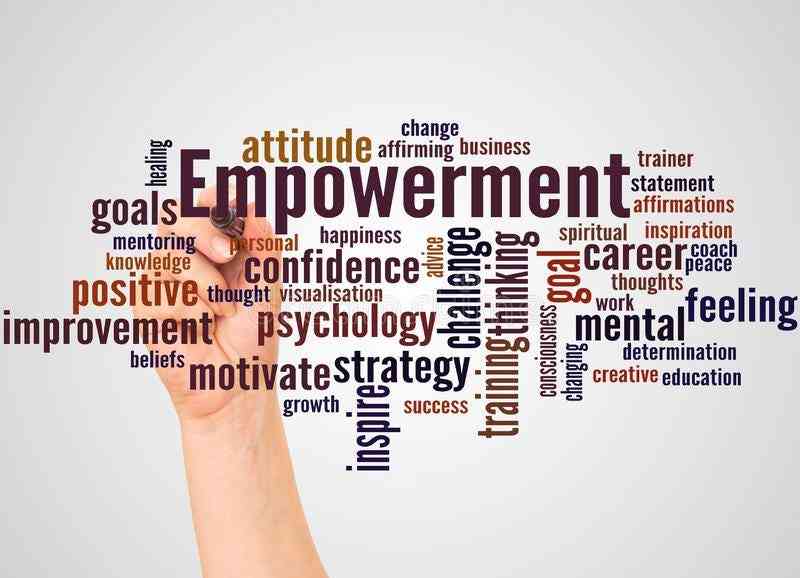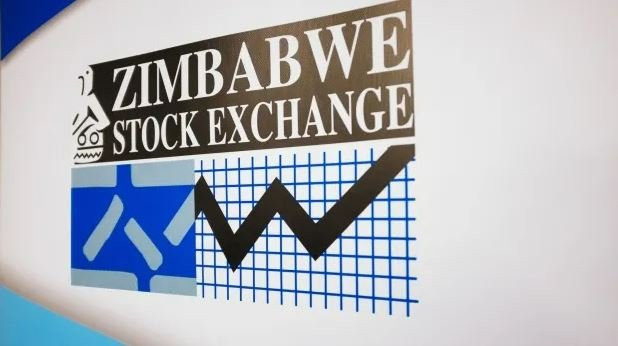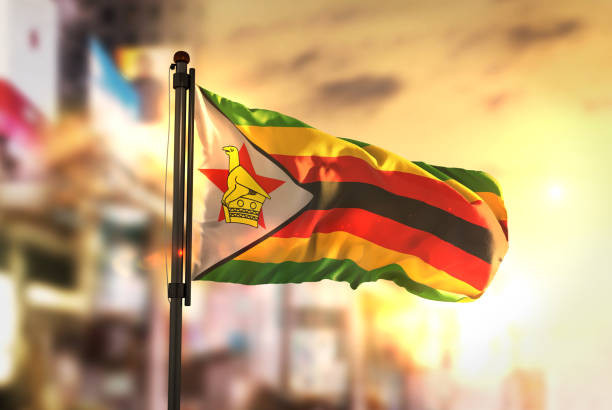
'IMAGINE a gender equal world. A world free of bias, stereotypes, and discrimination. A world that’s diverse, equitable, and inclusive. A world where difference is valued and celebrated. Together we can forge women’s equality. Collectively we can all #InspireInclusion, ” the International Women Day (IWD) says on its website as the world celebrates Women’s Month.
The International Women’s Day, whose theme this year is ‘Invest in women: Accelerate progress’ is celebrated on March 8 every year.
The theme highlights the importance of gender equality, women and girls’ empowerment.
United Nations Women points out that: “Achieving gender equality and women’s well-being in all aspects of life is more crucial than ever if we want to create prosperous economies and a healthy planet”.
The world is facing many crises that range from geopolitical conflicts to rising poverty and the impact of climate change.
During this Women’s Month, it is an opportune time to acknowledge the challenges women face in shattering the glass ceiling.
It is time to reflect on progress in advancing gender equality.
Despite the constitutional mandates for inclusivity, the promise of gender equality in politics and leadership positions remains unfulfilled. While the constitution provides for gender equality, women continue to face barriers on their path to leadership in government and business.
- Mavhunga puts DeMbare into Chibuku quarterfinals
- Bulls to charge into Zimbabwe gold stocks
- Ndiraya concerned as goals dry up
- Letters: How solar power is transforming African farms
Keep Reading
This disparity not only undermines the principles of democracy but hinders socio-economic progress.
According to UN Women, if the current trends continue, over 342 million women and girls could be living in extreme poverty by 2030.
Zimbabwe needs to prioritise investments in women to drive societal change and accelerate gender equality.
Like many countries, Zimbabwe is grappling with gender disparities that hinder women’s participation in various aspects of society.
Despite the commendable efforts and legislative frameworks aimed at promoting gender equality, women in Zimbabwe are facing challenges ranging from economic exclusion to limited access to political representation and decision-making.
While commendable strides have been made in ensuring gender balance in some sectors, such as the appointments of women to commissions, judiciary and other state institutions, the numbers in key decision-making bodies like cabinet and parliament remain dishearteningly low.
Only 22 women were elected in the 210 National Assembly seats out of the 70 women who contested against 637 male candidates in the August 2023 general election. These represent a meagre 10% of women in the National Assembly.
To increase the numbers, Section 124 (b) of the Constitution provides for the women quota system of 60 seats in Parliament, which are given to each political party based on their tally of votes in the House of Assembly elections for each province. But more still needs to be done. There was one female presidential candidate. A total of six women were appointed as cabinet ministers out of 26 in September after the general election.
Women’s voices are not adequately represented in these decision-making bodies.
Political parties must prioritise gender equality in their candidate selection processes and promote women's leadership within their ranks.
While President Emmerson Mnangagwa deserves commendation for promoting gender balance in his appointments post-elections, more still needs to be done to address barriers that hinder women’s participation in politics, leadership and business.
Investing in women is not just a moral obligation, it is also a strategic necessity for sustainable development. Women make up more than half of the population. Surely, it is only fair that this is reflected in leadership positions and in business. Economically, investing in women means providing them with equal access to resources, opportunities, and support systems.
This includes initiatives such as access to finance, vocational training, entrepreneurship development programmes, and support for women-owned businesses.
By investing in women's economic empowerment, Zimbabwe can unleash a powerful force for poverty reduction, job creation, and sustainable development.
Empowering women economically, politically, and socially is not only the right thing to do but essential for the country to foster inclusivity.










